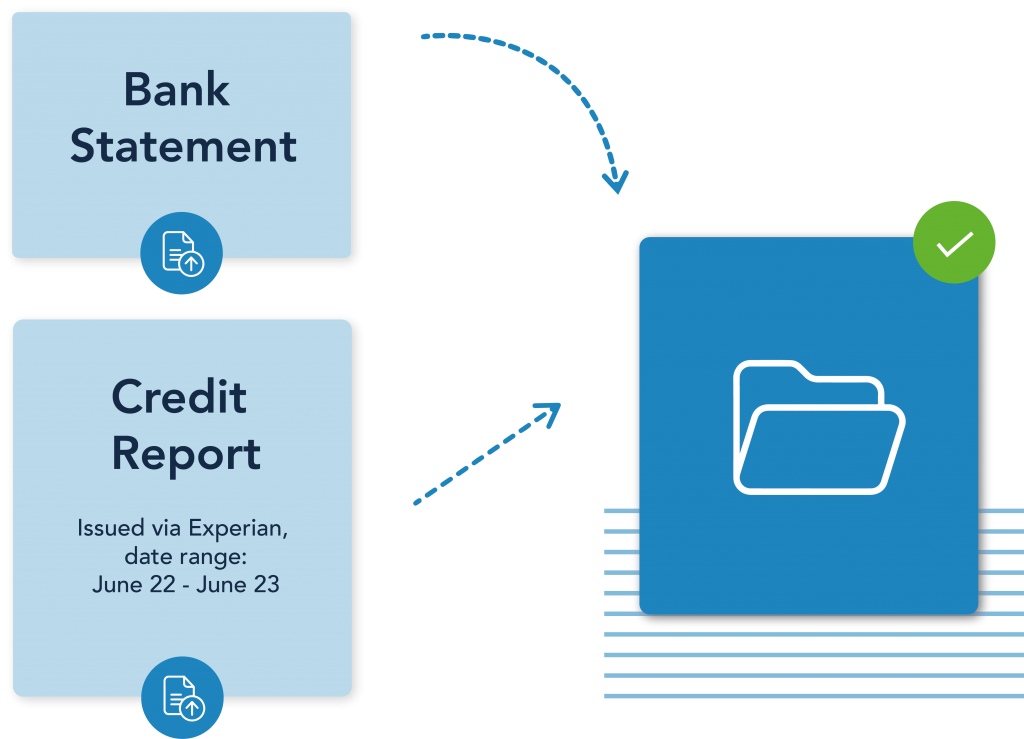Browse through our most commonly asked questions and their respective answers, can’t find what you’re looking for? Contact us here.
There is no hard & fast rule for affordability. Every lender calculates how much they are prepared to lend differently, based on their own criteria, but also your circumstances. They will look at things like the size of your deposit, your credit profile, your income and any outgoings when calculating your available borrowing.
For residential properties, your deposit will need to be a minimum of 5% of the property value you are buying. For buy to lets, the usual amount is 25%.
It’s not just about the interest rate. We search the market from a huge range of lenders and take into account things like fees and cashback when making a recommendation that is tailored to your circumstances.
There are quite a number of moving costs to consider. First you need to understand how much deposit you’re going to have for your onward purchase. You also need to know how much the estate agent is going to charge you for selling your home.
There’ll also be solicitors fees to sell your house and for the onward purchase. There are some other fees including removal transport costs, and if there’s a gap between you selling and moving into the new house, there could be some storage costs as well. So it’s important to do that initial appointment and give you the right advice.
Most mortgage lenders will require you to at least put down a 25% deposit. Other costs involved include your solicitor fees and there will also be stamp duty to pay. That could be ‘second property’ stamp duty if you’re already a homeowner.
Then there are the usual mortgage related costs. You may need to pay for a valuation of the property, and the mortgage lender might set a product fee to secure a really good interest rate.
No, no mortgage lenders have made life insurance compulsory when you get a mortgage. However, it is highly recommended if you have a family and want to relieve any financial burden on them if you were to pass away.
Like any insurance product, protection products won’t pay out if you didn’t disclose vital information when you initially made the application, or for fraud. Other than this, if the claim is for something covered under the policy conditions, it should pay out
Register your account with Blue Stone, once approved, you can access your client portal.
Here you will be able to upload any and all documents that your broker requests and it will be received instantly on our end. With end-to-end encryption, this will save us both time and energy – letting us focus on the important things.
